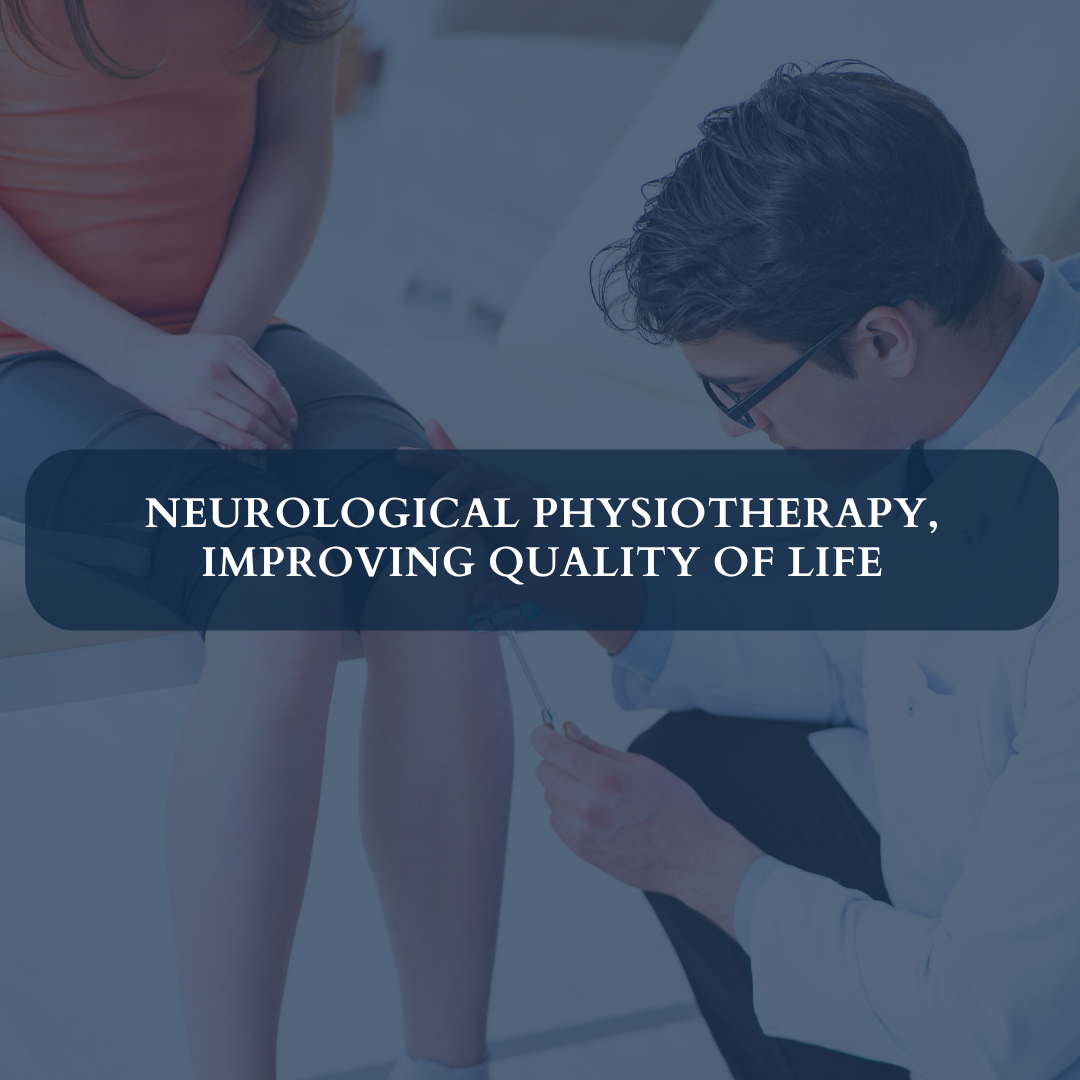In the realm of healthcare, neurological physiotherapy stands as a beacon of hope for individuals grappling with neurological conditions. From stroke survivors to those with Parkinson’s disease, it offers a holistic approach to rehabilitation, aiming not only to restore physical function but also to enhance overall well-being and quality of life. In this comprehensive guide, we delve into the intricacies of neurological physiotherapy, exploring its principles, techniques, and profound impact on individuals’ lives.
Understanding Neurological Physiotherapy
It is a specialized branch of physiotherapy that focuses on treating individuals with neurological disorders affecting the central nervous system. These conditions encompass a wide spectrum, including but not limited to stroke, traumatic brain injury, multiple sclerosis, Parkinson’s disease, and spinal cord injury. The primary goal of neurological physiotherapy is to optimize movement patterns, alleviate symptoms, and improve functional abilities through targeted interventions.
Principles of Neurological Physiotherapy
Central to neurological physiotherapy are principles grounded in neuroplasticity—the brain’s remarkable ability to reorganize and form new neural connections in response to injury or disease. Therapists harness this inherent plasticity by designing tailored rehabilitation programs that stimulate specific neural pathways, promoting recovery and adaptation. Key principles guiding neurological physiotherapy include task-specific training, repetition, intensity, and meaningful engagement to drive neural reorganization and functional gains.
Techniques and Interventions
Neurological physiotherapy employs a diverse array of techniques and interventions tailored to individual needs and goals. These may encompass:
1. Gait Training:
- Gait disturbances are common in neurological conditions. Therapists utilize gait training to improve walking patterns, balance, and coordination, often incorporating assistive devices and feedback mechanisms to enhance mobility.
2. Constraint-Induced Movement Therapy (CIMT):
- CIMT involves constraining the unaffected limb while intensively training the affected limb, capitalizing on the brain’s capacity for relearning and motor recovery.
3. Balance and Vestibular Rehabilitation:
- Balance impairments pose significant challenges for individuals with neurological disorders. Vestibular rehabilitation focuses on restoring balance and reducing dizziness through targeted exercises and habituation techniques.
4. Strength and Conditioning:
- Strengthening exercises aim to enhance muscle strength, endurance, and functional capacity, enabling individuals to perform daily activities with greater ease and independence.
5. Functional Electrical Stimulation (FES):
- FES involves the application of electrical stimulation to paralyzed or weakened muscles, eliciting muscle contractions and facilitating movement during therapy sessions.
6. Proprioceptive Neuromuscular Facilitation (PNF):
- PNF techniques leverage proprioceptive feedback and muscle facilitation patterns to promote coordinated movement and improve motor control.
The Impact on Quality of Life
Beyond the realm of physical rehabilitation, it exerts a profound impact on individuals’ quality of life. By restoring functional independence, enhancing mobility, and mitigating impairments, it empowers individuals to participate more fully in activities of daily living, social interactions, and leisure pursuits. Moreover, the holistic approach of neurological physiotherapy addresses psychosocial factors, promoting emotional well-being, self-efficacy, and confidence in one’s abilities.
Conclusion: A Journey Towards Empowerment
In essence, neurological physiotherapy transcends the confines of conventional rehabilitation, offering a transformative journey towards empowerment and renewed vitality. Through evidence-based practice, personalized interventions, and unwavering dedication, it embodies the essence of resilience, fostering hope and resilience in the face of neurological challenges. As we continue to unlock the mysteries of the brain and harness its inherent potential, neurological physiotherapy stands as a beacon of hope, illuminating the path towards a brighter, more fulfilling future for individuals worldwide.
Ready to explore your options for chiropractic and physiotherapy?
Contact SwastyaPhysio today to schedule a consultation and discover the best path to your wellness journey. We’re here to support your health every step of the way.
Banaswadi | HBR layout | Kalyan Nagar | Kammanahalli | Horamavu | Hennur
